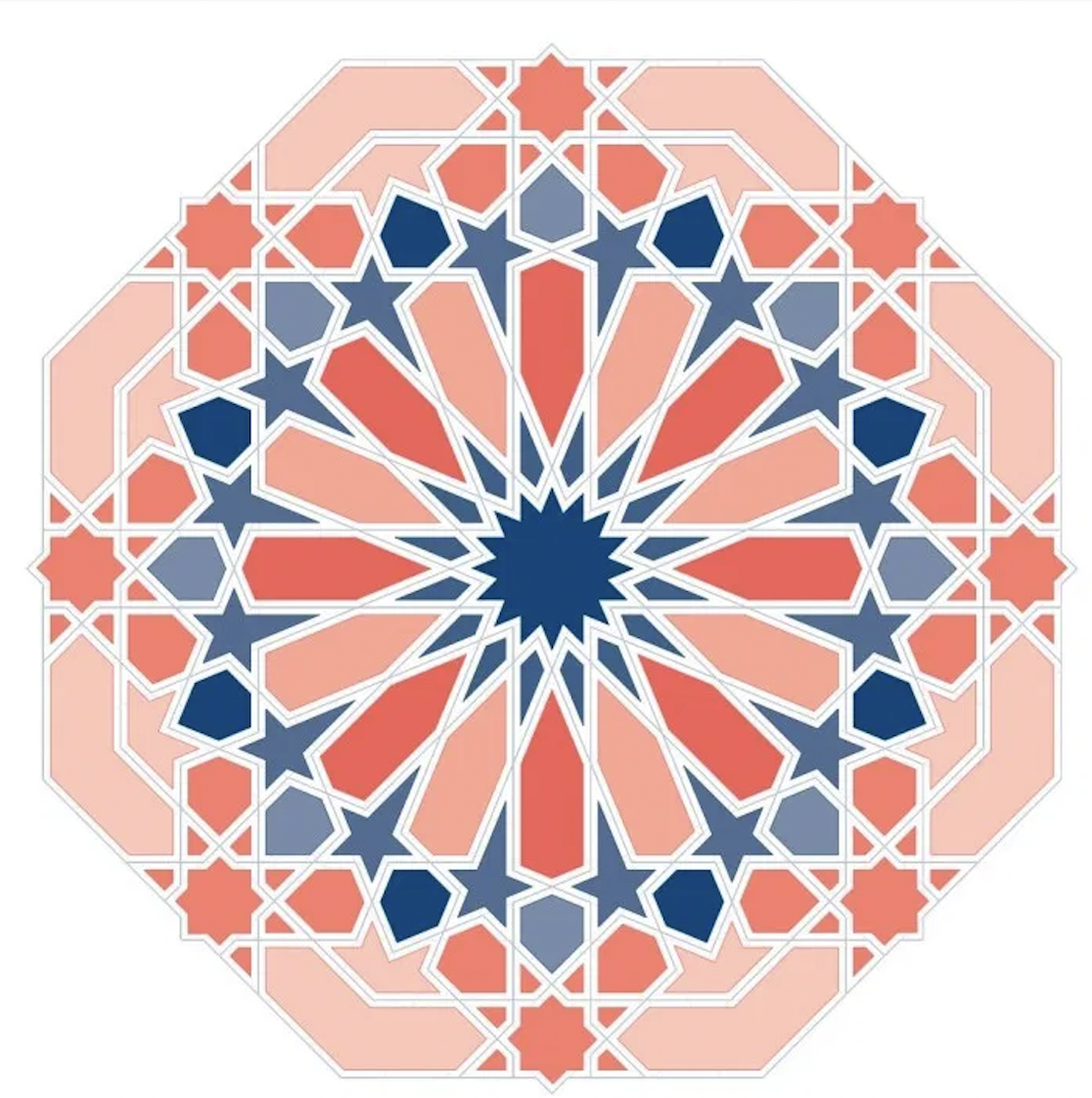Identity and Power: Lessons from Professor Kehinde Andrews’ Black Studies Course
Over the last several weeks, I’ve had the privilege of studying under Professor Kehinde Andrews, whose Black Studies course has reconnected me to a deeper understanding of history, identity, and politics. It wasn’t just an academic course—it was connecting with history that is colonised and often erased.
What is Blackness?
We began by questioning the very idea of “blackness.” In African countries, people often don’t identify as Black—because Black as an identity only really matters in proximity to whiteness. Where there are many Black people, other affiliations like tribe, culture or faith take precedence. So, what does it mean to be Black?
Blackness, we learned, is not a race. It is not about skin colour alone—it is political. It is historical. It is resistance. It is what connects descendants of the enslaved, those whose original nations and lineages were erased, forced to find identity in the absence of roots. Black is how to name the trauma—and also pride.
Embracing the Black Identity
We studied about Malcolm X and his journey—from Detroit Red to a man rooted in anti-colonial thought—embodied that transformation. Blackness isn’t something you’re born into; it’s something you become. A choice. A politics.
History Isn’t the Past
We explored history not as something gone, but as something still here. From the Morant Bay rebellion to Windrush, from Mansa Musa’s untold wealth to the deliberate erasure of African knowledge by Europeans.
Did you know the British only finished paying off compensation to slave owners in the 2000s? That many of us have unknowingly contributed to that debt through our taxes? Or that some of the world’s most advanced scientific texts were burned in Timbuktu, only after being translated and stripped of their African names?
Black history isn’t marginal. It is part of world history.
Colonial Lies and the Myth of Independence
We discussed the myth of independence—the idea that colonised nations became free. But how free is freedom when you’re still tied economically and politically to your former colonisers? When “independence” is followed by IMF debt and global poverty?
As Professor Andrews reminded us, the British Empire didn’t just conquer land—it rewrote minds. We’ve inherited not just postcodes and passports, but colonial mindsets. And the hardest part is unlearning what we’ve been taught to internalise.
Black is a Country
By week three, we arrived at a radical truth: Black is a country. Not a nation-state, not a flag, but a shared identity built out of displacement and resistance. If the empire built Britain, then understanding the empire is key to understanding this country—and ourselves.
Freedom Dreams
We ended with “freedom dreams”—a vision of justice that transcends borders. The Haitian Revolution, often ignored or misrepresented, wasn’t just the only successful slave rebellion—it was a model of radical possibility. But even that came with consequences—poverty, isolation, erasure.
Black Studies, as we learned, isn’t just about critique—it’s about dreaming. Reimagining justice. Rethinking freedom. Reclaiming what was lost and making something new.
Final Thoughts
This course was more than lectures—it was a call to embrace one’s own identity and history. As Malcolm X said, “"You can't hate the roots of a tree and not hate the tree. You can't hate Africa and not hate yourself"

